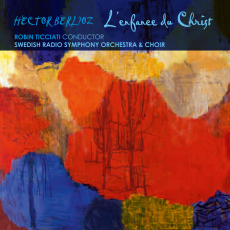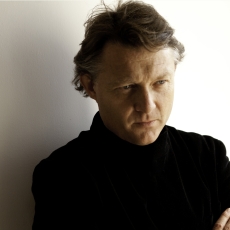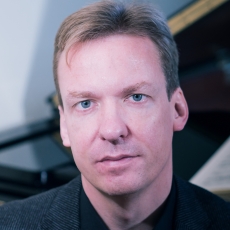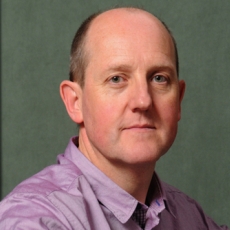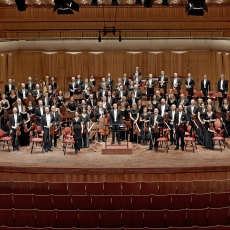Robin Ticciati - Swedish Radio Symphony Orchestra - Berlioz: L'enfance du Christ - Gramophone
How remarkable it is that this perfectly formed 90-minute oratorio should have grown from such an unassuming seed - the celebrated Shepherd's Farewell chorus - which Berlioz first penned in 1850. That miniature gem is at the heart of this wondrous work, which Brahms adored and which Debussy regarded (rightly) as Berlioz's masterpiece. It is good to hear such a persuasive interpretation (recorded for Swedish Radio) of Berlioz's sacred trilogy, a work which came about despite the composer's fragile melancholy, caused by the Parisian's critical drubbing of The Damnation of Faust. Thankfully, their response to L'enfance's 1854 premiere was rapturous.
Composed to his own text, Berlioz recounts the tale of Herod's dream of a child who will overthrow him and of Mary and Joseph being warned by angels to flee Egypt. Part 2 is their flight into Egypt and the trilogy culminates with their safe arrival at Sais. It is one of his melodically richest scores, coloured with a modest orchestral palette, full of honeyed tones and an occasional exotic splash.
Ticciati scored a critical success with performances of this work in Scotland in 2010. He draws equally tender playing from his Swedish band, securing perfect tuning of the opening woodwind chords and nurturing the pared-down chamber scoring. This leaves him a spare notch of expression for moments such as Herod's frenzied paranoia in the Marche nocturne, which is further enhanced by a curious wispy, ‘sweeping' wheeze...Ticciati avoids any longeurs or clumsy transitions between the tableaux, taking the Shepherd's Farewell at a true allegretto, thereby making the slower, final verse all the more poignant.
Joseph and Mary's lullaby-duet ‘O mon cher fils' (with Stephan Loges and Veronique Gens) manages to be both serene and sumptuous, and Alastair Miles clearly relishes his reprise of the role of Herod, previously recorded for Matthew Best's Corydon forces in 1994 (Hyperion, 12/95)...The highlight, though, is the exquisite singing of the lady-angels, accompanied by harmonium, who float magically in the distant part of the evocative sound stage.
